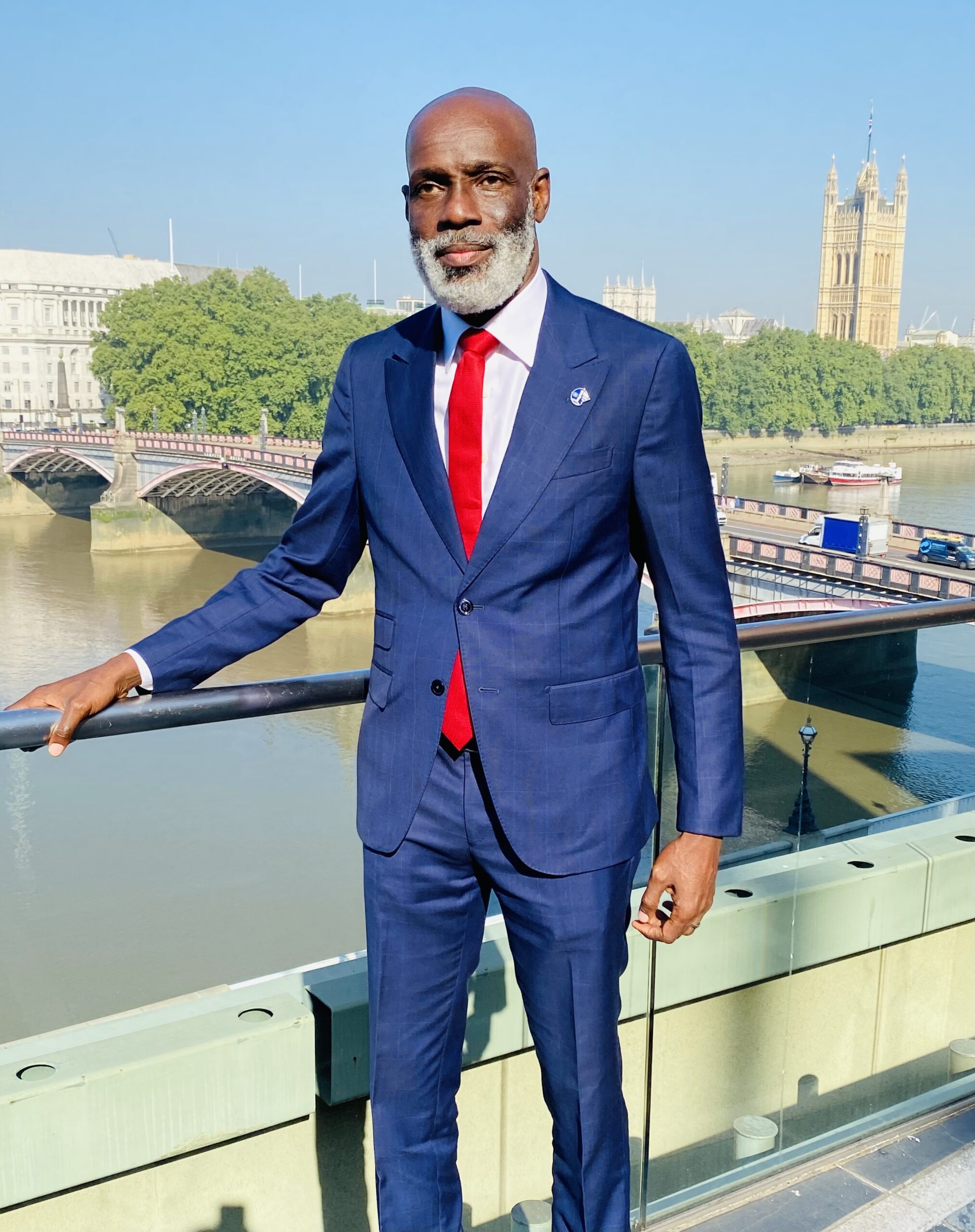Who is benefiting from LISCR? (Pt1)

By Othello B. Garblah
There are particles of dust in the air amidst speculations surrounding Liberia’s earnings from its shipping registry program in recent times, at least since it was announced in July this year, that it had overtaken Panama as the world’s number one ship registry.
Much of the revenue generation and the total amount received over the years in terms of revenue sharing have all been shrouded in secrecy, just as the program activities themselves.
At number one, as was reported in the World Fleet Monitor published by the English data-based Clarkson Research in July this year, Liberia’s revenue intake which should be commensurate with its new status is still being held at the chests of Liberia Maritime Authority Commissioner Eugene Nagbe and the Virginia based fellows that manage the Liberian Shipping and Corporate Registry (LISCR) from Washington.

From a cursory look at things, it appears that the unknown amount of revenue being earned by Liberia might be ending up in the pockets of a privileged few which include top officials and their political lawyers.
The Liberian Ship Registry is ranked as the ship registry with the highest tonnage with 246.5 million GT and 5,052 ships, while the Panama Registry has 244.3 million GT and 8,254 ships.
The Liberian Registry is comprised of 5,600+ vessels aggregating over 242 million gross tons, representing 15 percent of the world’s ocean-going fleet.
Though LISCR is technically registered under Liberian laws, its head offices are in the United States precisely in Dulles, Virginia, with regional offices around the world.
[bsa_pro_ad_space id=1]
Under Liberian law, the LISCR Trust Company, a private entity with an address in Monrovia is the exclusive agent for all Liberian non-resident corporations. This means that all such corporations have the same mailing address as LISCR.
In 2016, Finance Uncovered in its report about LISCR disclosed that LISCR had created tens of thousands of anonymous companies and registered them to a non-existent address in Monrovia.
According to Finance Uncovered, although these companies are technically a creation of Liberian law, management of the registry is based in the United States and appears to have the support of the US government.
The report revealed that the companies which can be purchased online, offer near-total anonymity to their clients, allowing them to hide assets without fear of being caught by law enforcement or revenue authorities.
Finance Uncovered in its 2016 report stated that its investigation discovered over half a billion pounds of high-value London property registered to Liberian offshore companies.
Brief History
The Liberian Maritime Program was established in 1948 with strong support from the United States of America. In 1949, Liberia became a founding member of the International Maritime Organization (IMO) and has over the years played a critical role in promulgating maritime safety, security and environmental protection.
The Bureau of Maritime Affairs (BMA) administered the program under the supervision of the Ministry of Finance and later the Ministry of Transport. With the passage of Liberia Maritime Authority Act of 2010, the BMA then transitioned into the Liberian Maritime Authority (LiMA); a public corporation with greater responsibility of managing all commercial activities within the maritime domain of Liberia.
The rational for this transition was to diversify the Authority’s activities from its long-standing focus of being a nation with a leading maritime shipping and corporate registry program, to a nation that strategically focuses on building and, or supporting enterprises across the domestic maritime domain for greater economic and social benefits to the Nation and its People. To be continued.




















